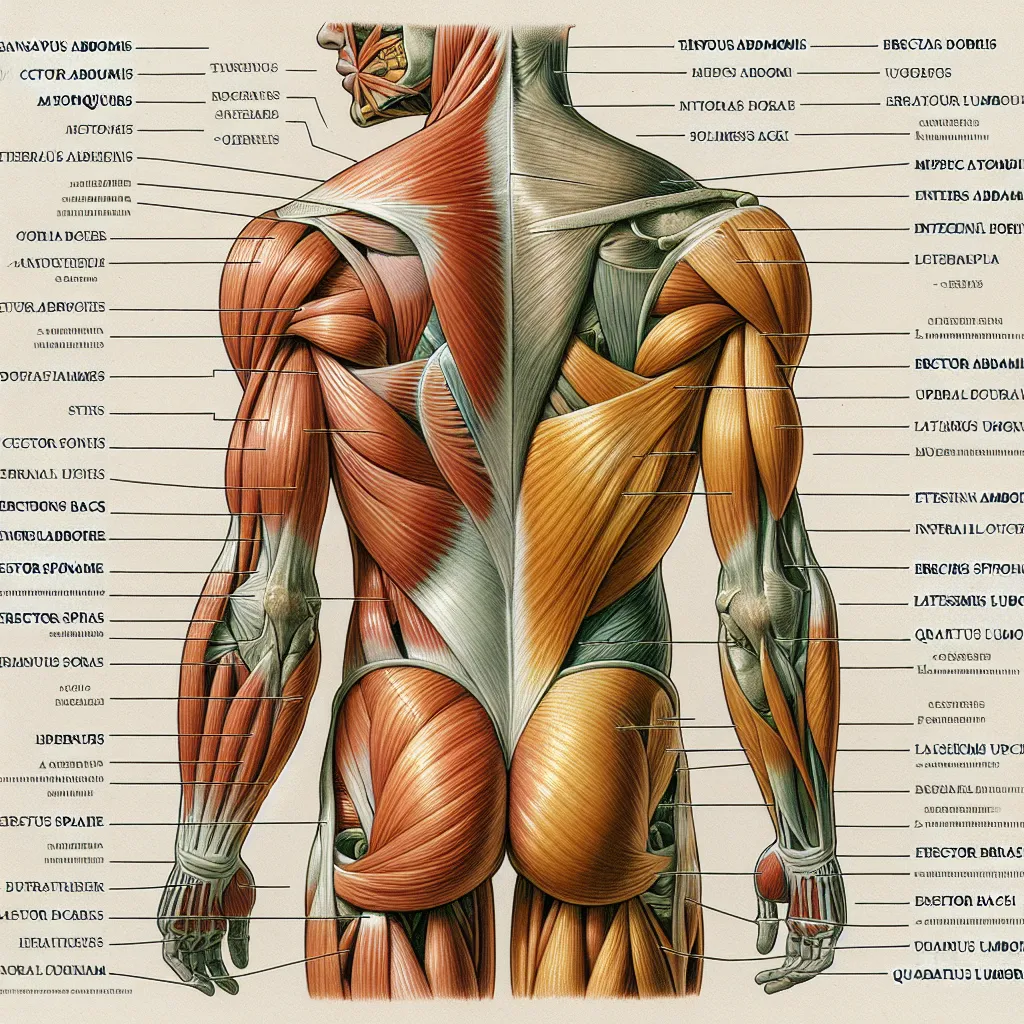Core strength is a crucial concept in fitness and sports science, but it’s also an important vocabulary term for IELTS test-takers. In this comprehensive guide, we’ll explore the meaning, usage, and application of ‘core strength’ in various contexts, with a focus on how to effectively use this term in your IELTS exam.
Understanding ‘Core Strength’
Definition: Core strength refers to the muscular control around the lumbar spine and is essential for maintaining the body’s stability and balance.
Part of Speech: Noun phrase
Pronunciation: /kɔːr strɛŋθ/
 Core Strength Anatomy
Core Strength Anatomy
Context and Usage
Let’s examine some examples of how ‘core strength’ is used in different contexts:
-
Fitness and Exercise: “Developing core strength is essential for improving overall athletic performance and preventing injuries.”
Analysis: This sentence highlights the importance of core strength in physical fitness, emphasizing its role in enhancing athletic abilities and injury prevention. -
Everyday Activities: “Good core strength helps maintain proper posture and makes daily tasks like lifting groceries easier.”
Analysis: This example demonstrates how core strength is relevant to everyday life, not just in sports or fitness settings. -
Medical Context: “Physical therapists often focus on improving core strength to alleviate lower back pain in patients.”
Analysis: Here, we see the term used in a medical context, showing its importance in rehabilitation and pain management. -
Yoga and Pilates: “Many yoga and Pilates exercises are designed to build core strength and improve flexibility.”
Analysis: This sentence illustrates how core strength is a key focus in specific exercise disciplines. -
Metaphorical Use: “A strong leadership team provides the core strength of any successful organization.”
Analysis: This example shows how the term can be used metaphorically to describe the central, stabilizing force in non-physical contexts.
Frequency in IELTS
‘Core strength’ is most likely to appear in IELTS Reading and Listening tests, particularly in passages or audio clips related to health, fitness, or sports science. It may also be relevant in Speaking and Writing tasks that discuss physical fitness or health trends.
Vocabulary Analysis
Word Structure
- Core: The central or most important part
- Strength: The quality or state of being physically strong
Synonyms and Antonyms
Synonyms:
-
Central stability (noun phrase) /ˈsentrəl stəˈbɪləti/
Definition: The ability to maintain balance and control from the body’s center. -
Abdominal power (noun phrase) /æbˈdɒmɪnl ˈpaʊər/
Definition: The strength and endurance of the muscles in the stomach area. -
Trunk strength (noun phrase) /trʌŋk strɛŋθ/
Definition: The power and stability of the body’s midsection.
Antonyms:
-
Core weakness (noun phrase) /kɔːr ˈwiːknəs/
Definition: A lack of strength or stability in the central muscles of the body. -
Muscular imbalance (noun phrase) /ˈmʌskjʊlər ɪmˈbæləns/
Definition: An uneven distribution of strength between muscle groups.
Memorization Techniques
Mind Map
Create a mind map with ‘Core Strength’ at the center, branching out to related concepts such as:
- Exercise types (planks, sit-ups, bridges)
- Benefits (better posture, injury prevention, improved balance)
- Related body parts (abdominals, lower back, obliques)
- Sports that require core strength (gymnastics, swimming, martial arts)
Imagery Technique
Visualize a strong tree trunk representing your core. The trunk supports the entire tree (your body), allowing it to stand tall and withstand various external forces (like wind or physical challenges).
Practice Exercises
-
Sentence Completion:
Fill in the blanks with ‘core strength’ or a suitable synonym:
a) Pilates exercises are excellent for developing ____.
b) The athlete’s impressive ____ allowed her to maintain balance during complex moves.
c) To alleviate back pain, the doctor recommended exercises to improve ____. -
IELTS Writing Task 2 Practice:
Topic: Some people believe that strength training is more beneficial than cardio exercises. To what extent do you agree or disagree?In your response, incorporate the concept of core strength and its benefits. Use synonyms and related vocabulary to demonstrate your language proficiency.
-
IELTS Speaking Practice:
Describe a time when you started a new exercise routine. What was your goal? How did you feel about it?In your answer, try to naturally incorporate the term ‘core strength’ and related vocabulary.
Conclusion
Understanding and effectively using the term ‘core strength’ can significantly enhance your performance in the IELTS exam, particularly in tasks related to health and fitness. Remember to practice using this term in various contexts and to explore related vocabulary to build a comprehensive understanding of the concept.
We encourage you to share your experiences with learning and using this term in the comments below. How have you incorporated ‘core strength’ into your IELTS preparation? Do you have any questions about using this term in different contexts? Your insights and queries can help fellow learners and contribute to a richer learning experience for all.


